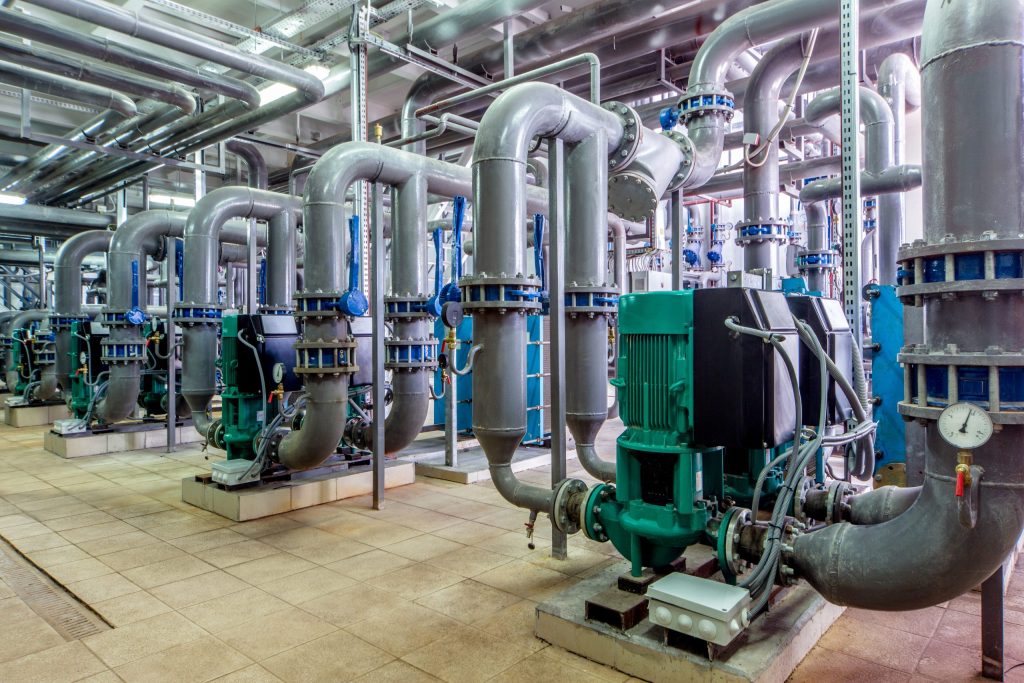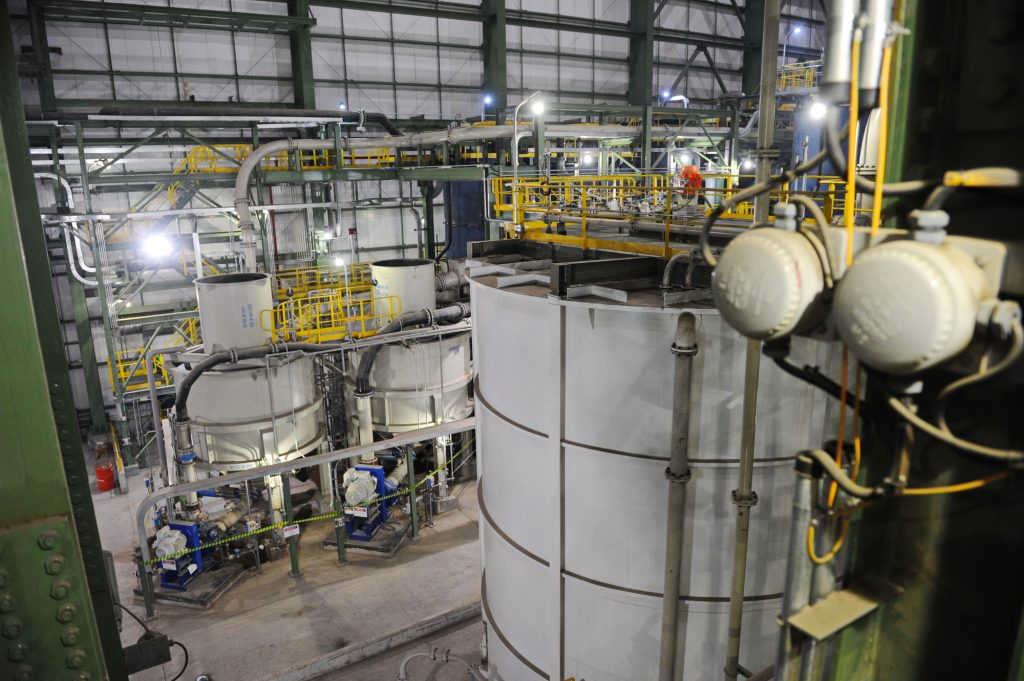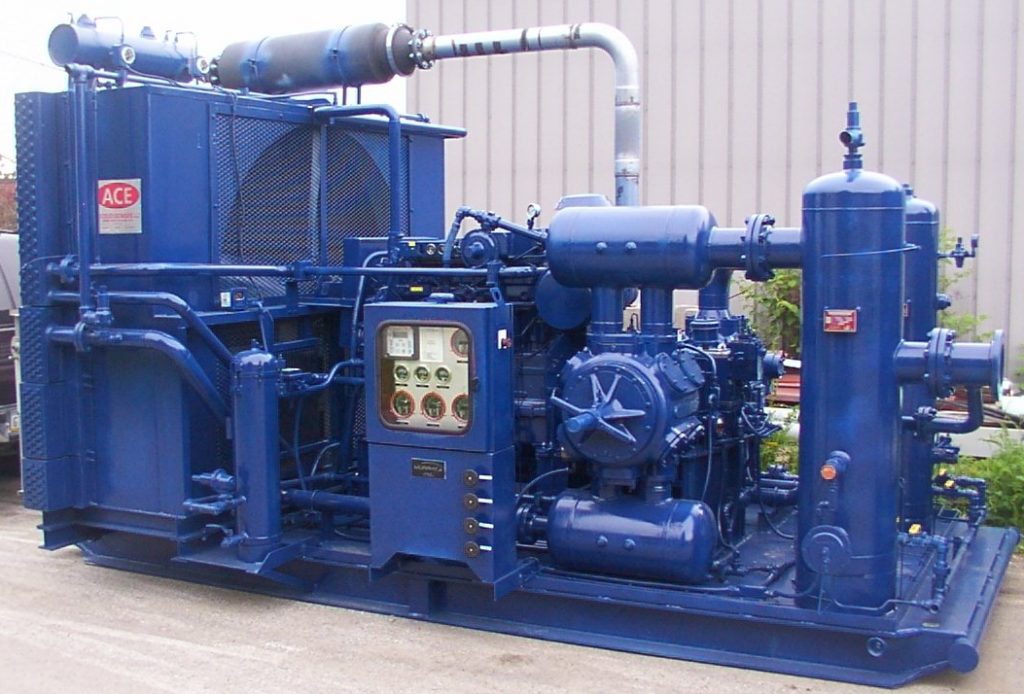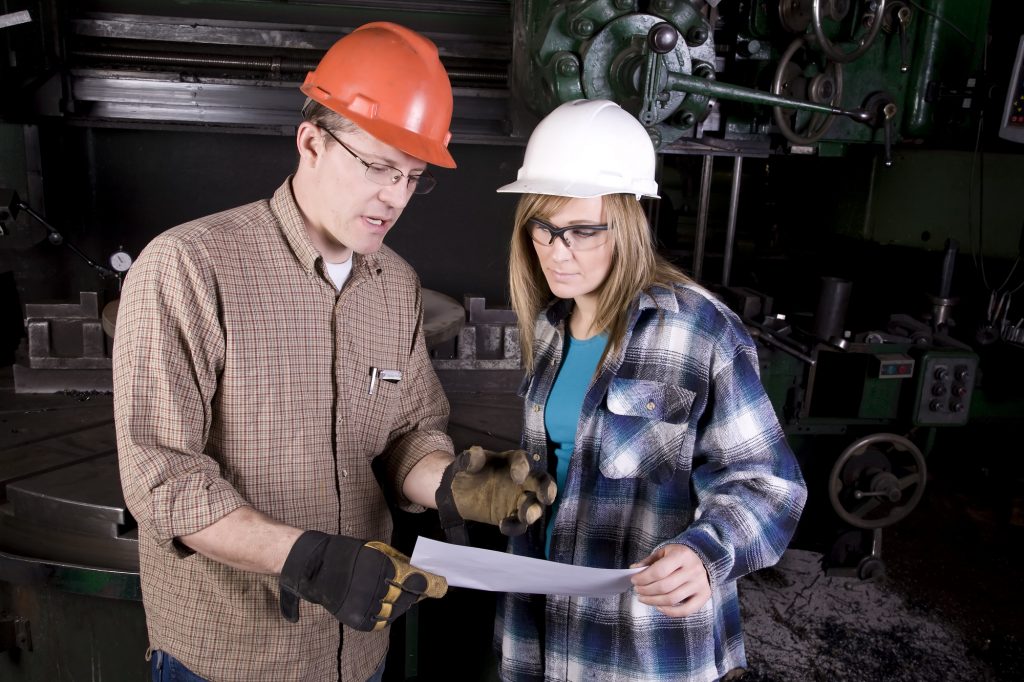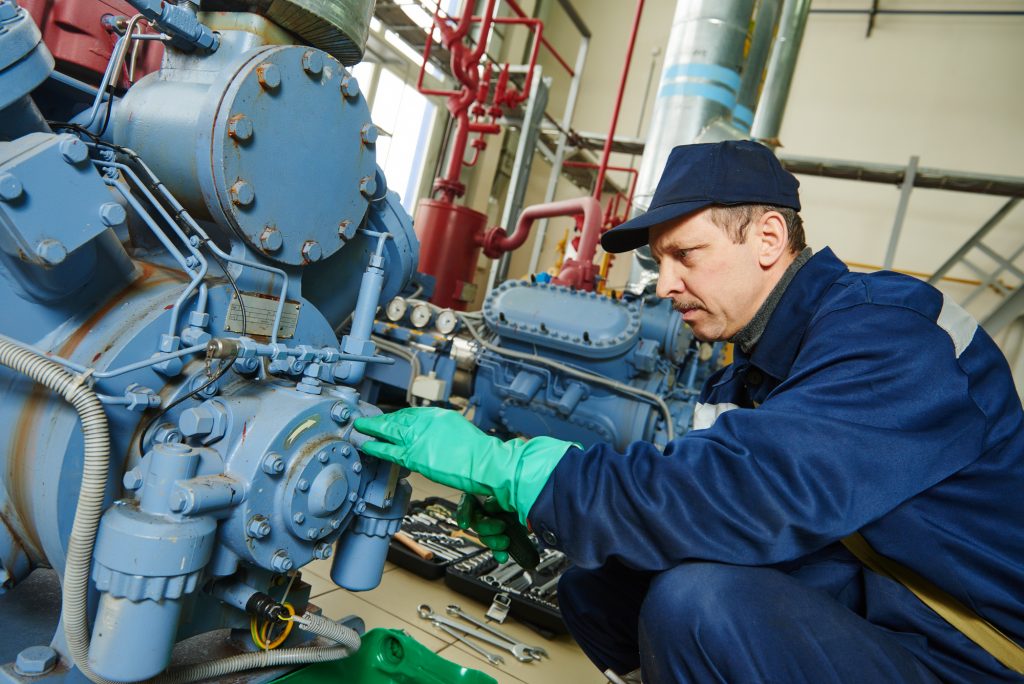Posts by Houston Dynamic
5 Top Ways Your Equipment Operators Can Improve Reliability
From experience we can tell you your critical equipment and operators are the most valuable assets in your organization. This includes everything from simple machines to the most complex and costly. Operators are the first line of defense and most likely to notice when something is amiss. Don’t waste this important human asset as there…
Read MoreTop Tips for Improving Pump Reliability
A large section of our industry can regularly use anywhere between a few hundred to several thousand pumps in their facilities. These pumps are connected to many other pieces of essential rotating equipment such as compressors, fans, blowers, turbines, and more. These organizations may have a yearly average budget of millions of dollars set aside…
Read MoreHow a Centrifuge Failure Almost Became Deadly
The team at Houston Dynamic Supply work with all sorts of centrifuges and rotating equipment across all industries. We have seen everything from catastrophic failure to simple fixes to rebuilding components at a fraction of the standard price. Below we will share a case study on a serious and nearly fatal failure of a centrifuge…
Read MoreMinimize Capital Expenditures by Updating Legacy Rotating Equipment
We at Houston Dynamic Supply have seen all sorts of equipment from dinosaurs that are decades old to the latest in new technology. Each of these pieces of machinery have their own pro’s, con’s, and unique challenges. From integrating into a new system, upgrading to meet new demands, or looking for the root cause of…
Read MoreA Guide to Sealing Strips in Turbines and Compressors
One of the main reasons rotating equipment can fail or not perform up to par are the sealing strips. Having a working knowledge of sealing strips will help you keep them working optimally. Following is some basic information about sealing strips in turbines and compressors. Sealing Strips in Turbines A turbine sealing strip is generally…
Read MoreRepair, Upgrade, or Replace Your Pump?
At Houston Dynamic, we see pumps of all types in all sorts of conditions. With regular maintenance, most pumps will last a long time. However, all pumps will breakdown or come to the end of their natural life cycle. In this case, we are often asked about the benefits of repair versus upgrade versus replacement.…
Read More4 Tips to Achieve Sustainable Pump Reliability
Centrifugal pumps have been the industry standard for years because they are meant to run for long periods of time with no issues. Along the way, improvements have been made in efficiency, containment, and reliability to keep them the preferred choice in many applications. These improvements include items such as pump controls, variable speed drives,…
Read MoreIs Your Rotating Equipment Ready for Winter?
Many of Houston Dynamics’ clients in the Gulf Coast area were hit hard by the deep freeze in February of 2021. As a result, they have taken extra notice of how their critical rotating equipment is affected by extreme weather. To help out, we will answer the question “is your rotating equipment ready for winter?”…
Read MoreTips for Selecting an Industrial Compressor
Industrial compressors are generally sold as self-contained packages that include a drive motor, inlet filter, mechanic and electric controls, and several optional accessories. Once you decide on these factors, is it easy to choose an air compressor? Unfortunately, it is not. To help, here are some tips for selecting an industrial compressor. 1. Application for…
Read MoreOperating Gas Turbines in Freezing Temps
The team at Houston Dynamic Supply are experts in all things rotating equipment. We have one of the largest and most advanced facilities in Houston. As a result, we and our clients were subject to experience a Texas deep freeze, like last year. To help you out, we will tell you every-thing about operating gas…
Read More

